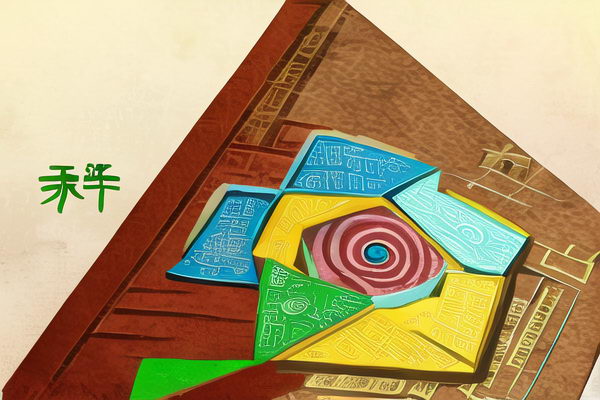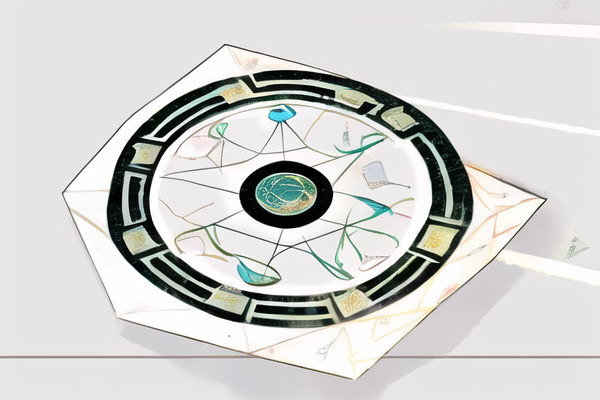血型の概念を基にした英語のエッセイ血型は本当に性格や運命を決定するのでしょうか
Blood Type: More Than Just a Classification
Blood type is a concept that has intrigued people for centuries. In the English-speaking world, blood type is often seen as a simple classification based on the presence or absence of certain antigens on the surface of red blood cells. However, in Japan, blood type has become a popular topic in psychology, relationships, and even career choices. This essay aims to explore the concept of blood type and examine whether it truly determines a person's personality and destiny.

Blood type was first discovered by Austrian physician Karl Landsteiner in 1901. He classified blood into four types: A, B, AB, and O, based on the presence or absence of antigens A and B. Later, the Rh factor was discovered, further dividing the blood types into positive and negative. However, the idea that blood type could reveal a person's personality and destiny began to gain traction in Japan in the 1920s.
In Japan, blood type is often referred to as group or type, and each group is associated with specific traits and characteristics. For example, people with type A blood are said to be responsible, organized, and introverted, while those with type B blood are believed to be creative, independent, and outgoing. Type AB individuals are seen as adaptable and friendly, while those with type O blood are thought to be strong, energetic, and compassionate.
The belief in blood type's influence on personality has led to various blood type-related practices in Japan. For instance, blood type compatibility is considered an important factor in romantic relationships, and there are even blood type matching services available. Additionally, some Japanese companies use blood type in their hiring process, believing that certain blood types are more suited for specific job roles.
However, is there any scientific basis for these blood type-related beliefs The answer is not straightforward. While some studies have suggested a link between blood type and certain personality traits, the evidence is not conclusive. Many experts argue that the correlation between blood type and personality is likely due to confirmation bias, where people tend to notice and remember instances that confirm their preconceptions.
Moreover, the idea that blood type determines a person's destiny is purely speculative. While it may be true that certain blood types are more common in specific professions or cultures, it does not mean that blood type is the sole factor influencing a person's life choices and achievements. A person's environment, upbringing, education, and personal experiences play a much more significant role in shaping their destiny.
In conclusion, while the concept of blood type has become an interesting and popular topic in Japan, it is essential to approach it with a critical mindset. The evidence supporting the link between blood type and personality is weak, and the idea that blood type determines a person's destiny is purely speculative. It is crucial to remember that each individual is unique, and their character, values, and destiny are shaped by a multitude of factors beyond their blood type.









